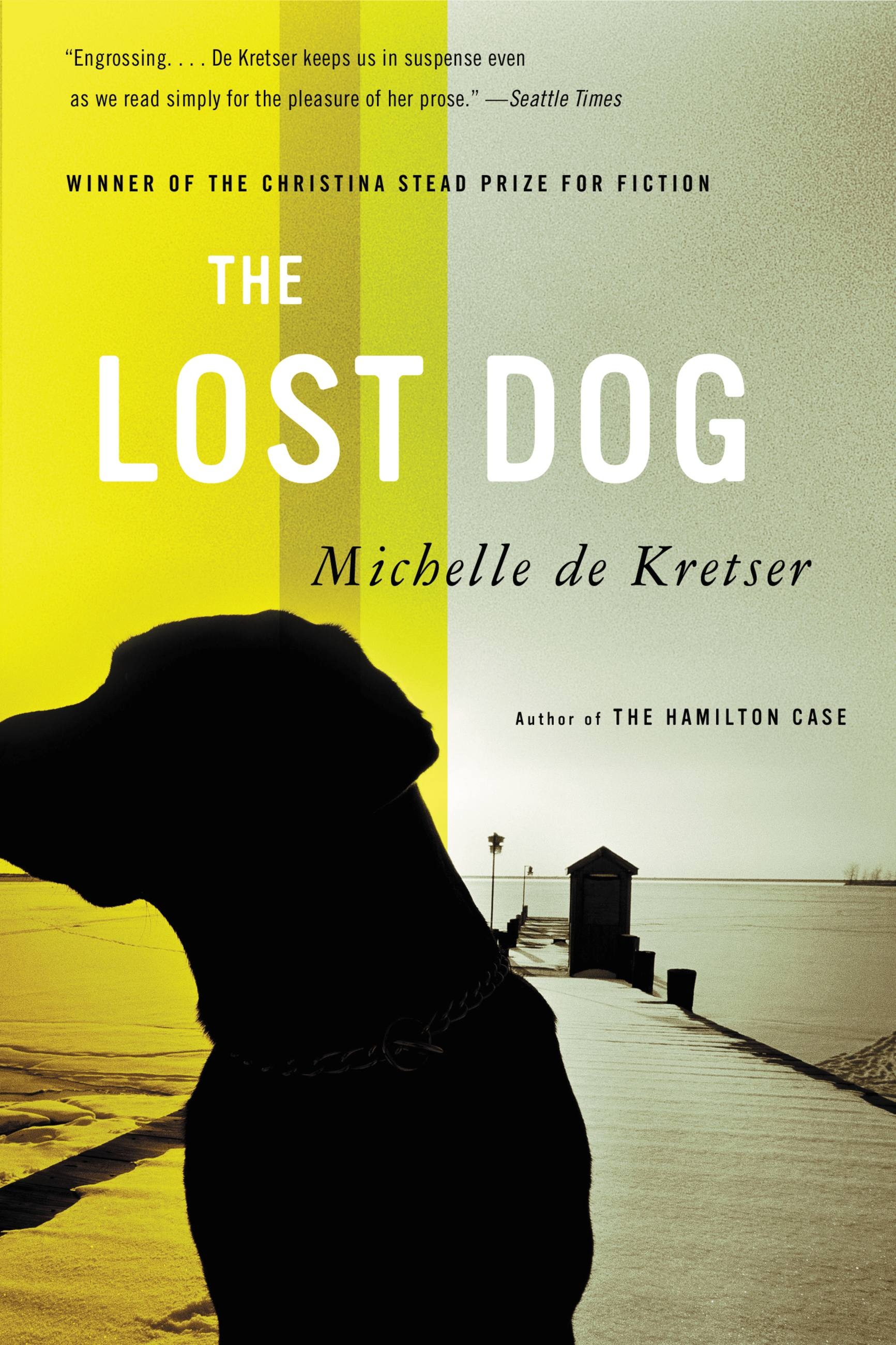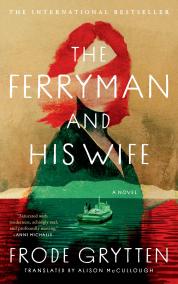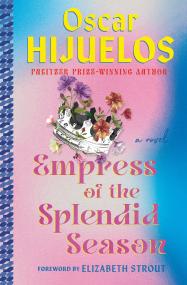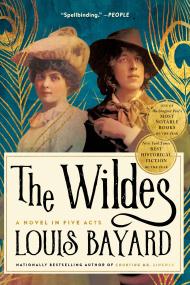By clicking “Accept,” you agree to the use of cookies and similar technologies on your device as set forth in our Cookie Policy and our Privacy Policy. Please note that certain cookies are essential for this website to function properly and do not require user consent to be deployed.
The Lost Dog
A Novel
Contributors
Formats and Prices
- On Sale
- Aug 13, 2009
- Page Count
- 352 pages
- Publisher
- Back Bay Books
- ISBN-13
- 9780316001847
Price
$21.99Price
$28.99 CADFormat
Format:
- Trade Paperback $21.99 $28.99 CAD
- ebook $7.99 $9.99 CAD
Buy from Other Retailers:
Tom Loxley, an Indian-Australian professor, is less concerned with finishing his book on Henry James than with finding his dog, who is lost in the Australian bush. Joining his daily hunt is Nelly Zhang, an artist whose husband disappeared mysteriously years before Tom met her. Although Nelly helps him search for his beloved pet, Tom isn’t sure if he should trust this new friend.
Tom has preoccupations other than his book and Nelly and his missing dog, mainly concerning his mother, who is suffering from the various indignities of old age. He is constantly drawn from the cerebral to the primitive — by his mother’s infirmities, as well as by Nelly’s attractions. The Lost Dog makes brilliant use of the conventions of suspense and atmosphere while leading us to see anew the ever-present conflicts between our bodies and our minds, the present and the past, the primal and the civilized.
Tom has preoccupations other than his book and Nelly and his missing dog, mainly concerning his mother, who is suffering from the various indignities of old age. He is constantly drawn from the cerebral to the primitive — by his mother’s infirmities, as well as by Nelly’s attractions. The Lost Dog makes brilliant use of the conventions of suspense and atmosphere while leading us to see anew the ever-present conflicts between our bodies and our minds, the present and the past, the primal and the civilized.
-
"Multilayered and beguiling....The Hamilton Case does enchant, certainly, but--more important--the book admirably and resolutely sees the world as it really is."William Boyd, New York Times Book Review
-
"Hypnotic, lush and calmly observant."Chris Lehmann, Washington Post Book World
-
"Comic, tragic, haunting, hallucinatory andKaren Joy Fowler (author of "The Jane Austen Book Club")
elusive, but vivid and exact, this is a brilliant
book by a brilliant writer."
-
Michelle de Kretser's The Hamilton CaseAnita Desai, New York Review of Books
ratifies every dream one might have of a tropical
landscape....She is, however, as smart and up-
to-date as she can be....A dazzling
performance." -
An elegant, seductive...work of art."Laura Miller, Salon.com
-
"One of the best arguments against false exoticSudip Bose, Washington Times
chic I've read." -
"The Lost Dog is an uncompromisingly literary (and literate) book: ferociously intelligent, highbrow, allusive and unflinching....There are all kinds of terrors lurking within the heart of the book--these are for the reader to discover--but the one that is most palpable is the undeniable fact that this book is touched, like Rilke's "terrible angel," by the terror of greatness."Neel Mukherjee, Time
-
"Engrossing. . .De Kretser confidently marshals her reader back and forth through the book's complex flashback structure, keeping us in suspense even as we read simply for the pleasure of her prose. . . . De Kretser knows when to explain, and when to leave us deliciously wondering."Moira Macdonald, The Seattle Times
-
"More often than not, de Kretser nails some situation or foible in 20 words or less. . .There is much here that dazzles. . . .De Kretser's writing is as boldly beautiful as ever."Alison McCulloch, The New York Times Book Review
-
"A nuanced portrait of a man in his time. The novel, like Tom, is multicultural, intelligent, challenging, and, ultimately, rewarding."Andrea Kempf, Library Journal
-
"An intimate and subtle look at Tom Loxley, a well-intentioned but solipsistic Henry James scholar and childless divorcé, as he searches for his missing dog in the Australian bush.... Things progress rapidly, with a few unexpected turns thrown in as Tom and Nelly get together, the murky circumstances surrounding Felix's disappearance are (somewhat) cleared up and the matter of the missing dog is settled. De Kretser's unadorned, direct sentences illustrate her characters' flaws and desires, and she does an admirable job of illuminating how life and art overlap in the 21st century."Publishers Weekly
-
"De Kretser's daring willingness to let suspense accrue without promising resolution is a worthy echo of Henry James's brilliance."Dara Horn, Washington Post
-
"That rare treasure, a perfect novel...As the plot grows darker and more complex, de Kretser's prose gleams with sinister beauty. Her sentences sparkle like precious things."Lev Grossman, Time Magazine (Best Books of 2004)
-
"Ruminative and roving in form, an intense, immaculate...novel."Kirkus Reviews
-
"A wonderful tale of obsession, art, death, loss, human failure, and past and present loves. One of Australia's best contemporary writers."Harper's Bazaar (Australia)
-
"De Kretser's displaced and subtle characters are genuinely interesting, and her writing is emotionally accurate...a fine novel."Ursula K. Le Guin, The Guardian (UK)
-
"This is the best novel I have read for a long time. The writing is elegant and subtle, and Michelle de Kretser knows how to construct a gripping story."A.S. Byatt, Financial Times (UK)
Newsletter Signup
By clicking ‘Sign Up,’ I acknowledge that I have read and agree to Hachette Book Group’s Privacy Policy and Terms of Use







